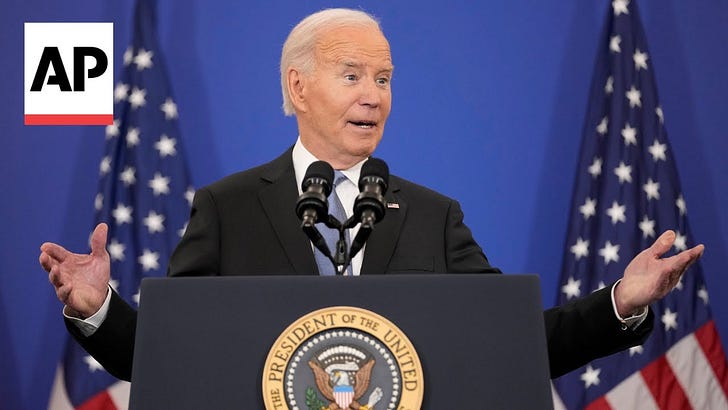Some aspects of Perry's analysis seem plausible to me. But I don't believe Netanyahu seriously entertained the idea that Trump's threat of "hell to pay" was directed at him. It obviously wasn't. (In fact, it was obviously empty--what did Trump proposed to do? Level Gaza? It's already been leveled.) The pattern Perry describes is not unique to Netanyahu. It's very often true in wars: Belligerents initially refuse to budge from maximalist war aims, but in the end, exhausted, they come to accept the terms they initially viewed as intolerable. Netanyahu's coalition partners surely made it impossible for him to accept this deal sooner. But even absent their influence, he might have found it impossible to accept. I don't know: I can neither read his mind nor run the experiment again. -
Subscribe to Ask Questions Later to continue reading
Visit the author’s Substack to subscribe and read more.



